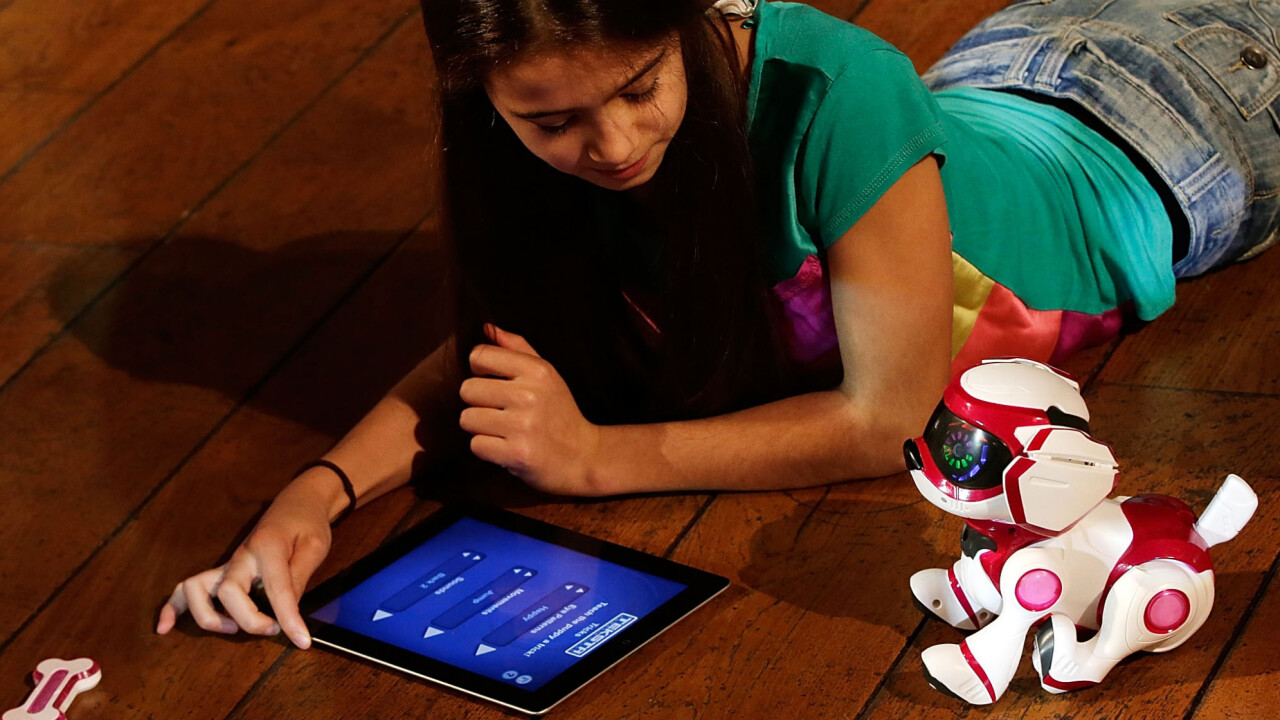
Dylan Collins (@MrDylanCollins) is CEO of SuperAwesome, the largest digital kids marketing platform in the UK. He is also an investor with Hoxton Ventures and sits on the board of Brown Bag Films (the award-winning kids animation studio).
2014 is going to be very busy for the global kids industry. Busier, I think, than for a long time.
Two factors are driving this. Firstly, the TV/film market is going through its cyclical content roll-up (2013 saw acquisitions by DHX, Dreamworks and Comcast) which inevitably leads to acquisitions of the actual content producers (e.g., AwesomenessTV and Ragdoll).
Secondly, everyone now realises that the current generation of kids requires new investment in platform, technology, content development and marketing. Hasbro’s acquisition of Backflip Studios (at a valuation of $170 million) is just the beginning.
Consolidation x10
Although most of the early M&A activity has been led by media companies, watch for toy, advertising and TV companies to get involved soon, specifically in the mobile, analytics and marketing categories. Acquisitions will be for distribution (video, content), capability (especially on mobile) and internal DNA (senior management in many of these companies still lack deep experience on mobile and digital).
Virtual worlds become something else
Other than Disney’s acquisition of Club Penguin (all the way back in 2007), we’ve yet to see a major kids virtual world acquisition. However as kids increasingly migrate to mobile (most virtual worlds are Flash-based) watch this sector to face a make-or-break moment in 2014.
Netflix acquires a kids content producer
This is arguably an extension of my first prediction but worth mentioning for its strategic significance. Netflix’ Kids category is extremely important for the company (and is seen as a blueprint by many startups, such as Hopster, BatteryPop and Kidoodle) and there are a limited number of production studios consistently producing hit kids TV content.
Given Netflix’s aggressive moves in general content financing (House of Cards, Orange is the new Black), it’s a short step to acquiring a production studio.
Facebook becomes more focused on moms
Yes, that study was flawed but it doesn’t change the fact that kids are leaving Facebook (we see it from internal data at SuperAwesome). Should Facebook care? No, not this year or for the next few. Parents (in particular Mums) are a far more lucrative ad market. However the obvious long-term consequences remain and the only question is whether Zuck tackles it through acquisition (Snapchat etc.) or by chaos (finally opening up a restricted version of Facebook to under-13s).
Chat apps create further pressure for online identity legislation
It’s pretty clear that 2014 is going to be the year of the chat app (again). However there’s little attention being paid to the impact of this on parents and teachers who have to manage the increased bullying that comes with anonymous users. Expect to see growing pressure from these groups for EU-wide online verification legislation to protect kids and teens.
Toca Boca signs its first TV deal
Toca Boca – one of the most surprising kids tablet success stories (many people don’t realise it isn’t a startup but in fact a division of Bonnier) continues to grow. As its brand becomes increasingly recognizeable, the opportunity to embrace TV will be inescapable (its current audience is also a typical Henry Hugglemonster viewer). Watch as it becomes the new Sesame Street.
A breakout ebook for kids emerges
The kids ebook market has not been pretty for any publisher (down 30% last year). However behind the scenes I’ve seen a lot of startups working on some interesting alternatives and I think 2014 will see commercial success, almost certainly based around a hybrid ebook/app concept (rather than the current format).
For ad agencies, multi-channel becomes the new normal
As agencies start to accept that kids are not going to settle on a single screen (or even two) this cycle, every media plan becomes multi-channel as standard rather than the exception. Mobile budgets start to creep up in allocation and by the end of the year are the same percentage as pre-roll video.
Real-time Bidding fails to take hold in the kids market
I’ve had this argument with a lot of adtech folks. Although real-time bidding (RTB) will continue to grow in other sectors, the kids industry is different (as is the case for several areas). Marketing to kids and teens is most successful when it engages and genuinely entertains, so typically requires more manual planning and design. Automated display advertising simply doesn’t tackle this issue.
Separately, the fear of brand damage (the ‘Wonga scenario‘) from automation doesn’t help either. 2014 sees no change here.
Image credit: Matthew Lloyd/Getty Images
Get the TNW newsletter
Get the most important tech news in your inbox each week.



